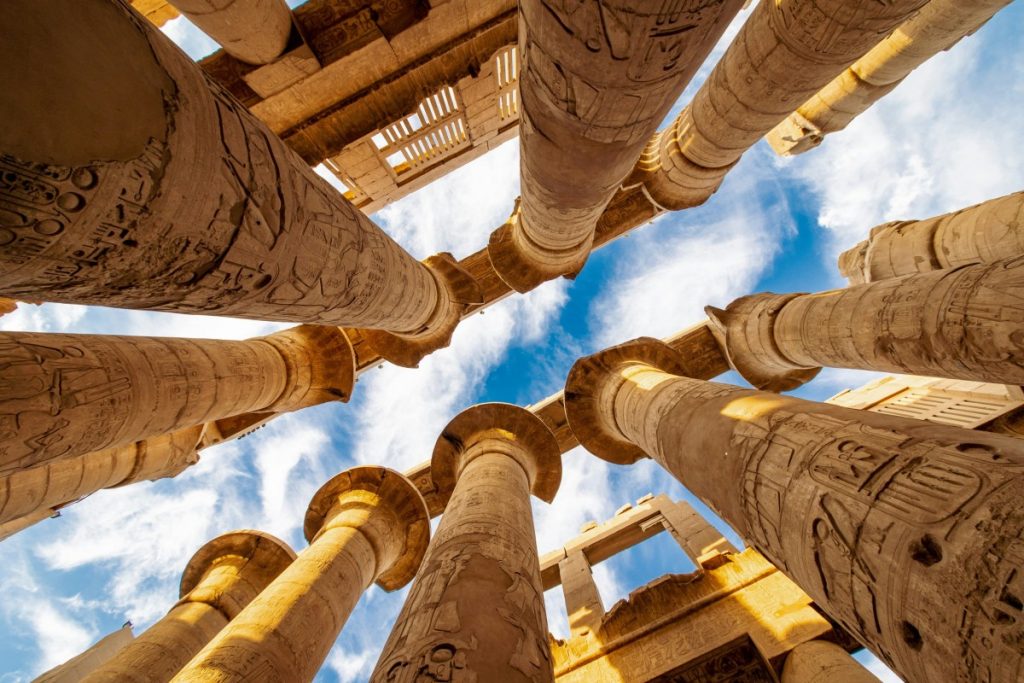Introduction
Understanding Cultural Heritage in Egypt
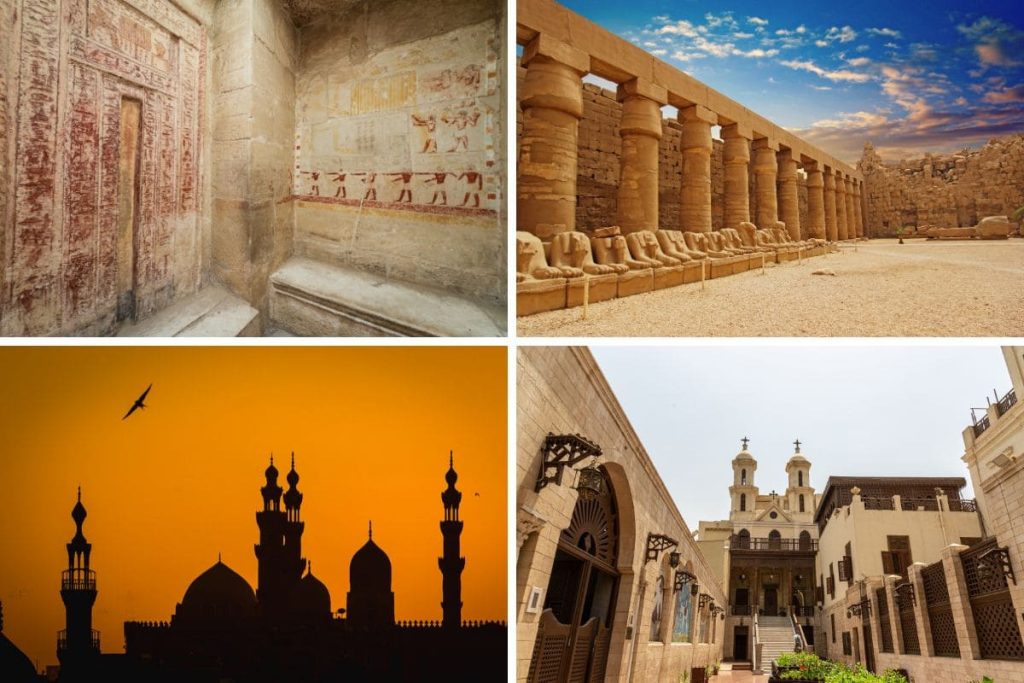
Amidst the ancient ruins, the modern Egyptian spirit thrives, woven through with threads of its rich past. In small villages along the Nile, the same agricultural practices that were developed thousands of years ago are still in use. Family and community ties remain strong, with traditional values being passed down through generations. Understanding this blend of ancient and contemporary is crucial for any cultural traveler, as it reveals the true essence of Egypt—not as a relic of the past, but as a living, breathing continuum of culture.

Festivals and Celebrations

Coptic Christmas
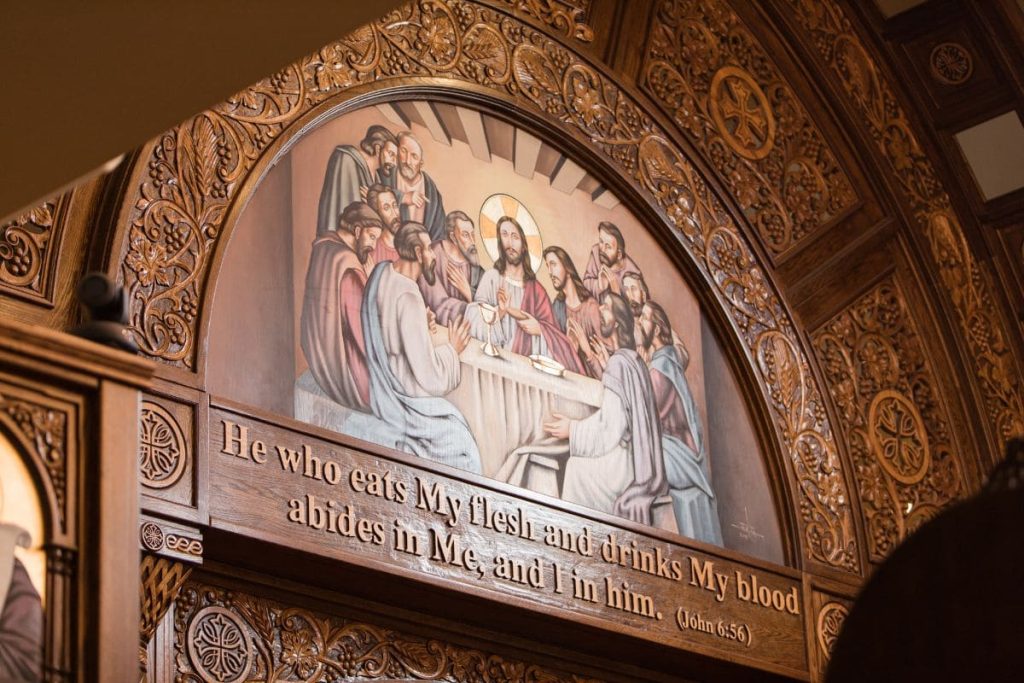
Moulid el-Nabi

Luxor Festival
Abu Simbel Sun Festival
Wafaa Al Nil
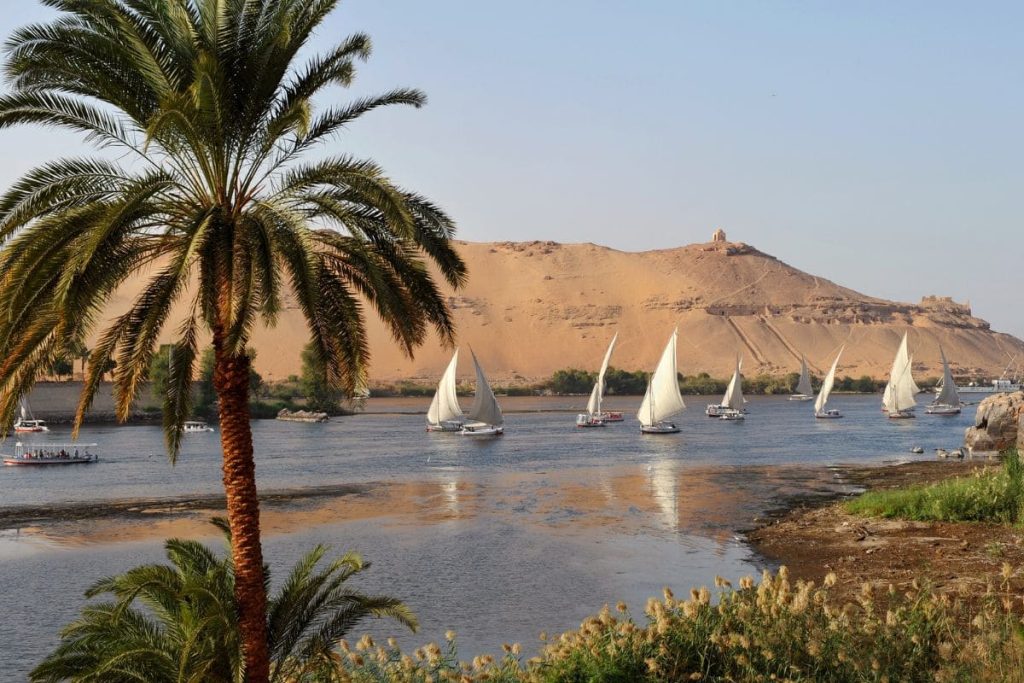
Traditional Arts and Crafts
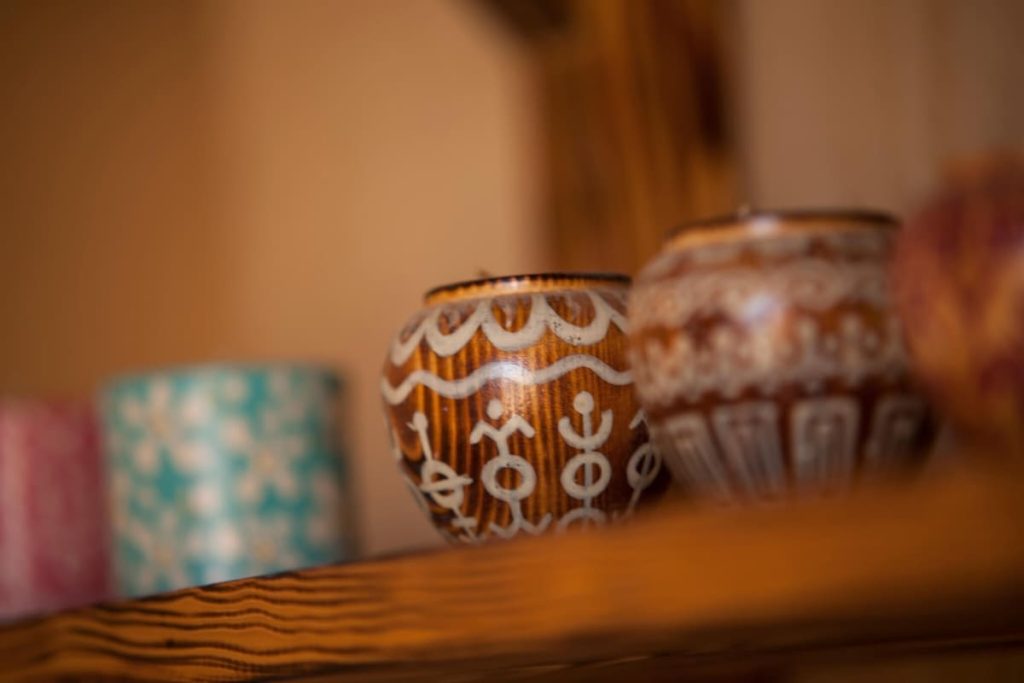
Culinary Experiences
Embark on a gastronomic journey that transcends mere eating and becomes a vivid exploration of Egypt’s regional and historical landscapes. Egyptian cuisine is a reflection of the country’s diverse geography and the myriad cultures that have influenced it over millennia. Each dish tells a story, whether it’s of the fertile Delta, the expansive deserts, or the bustling cities.
Regional Culinary Specialties
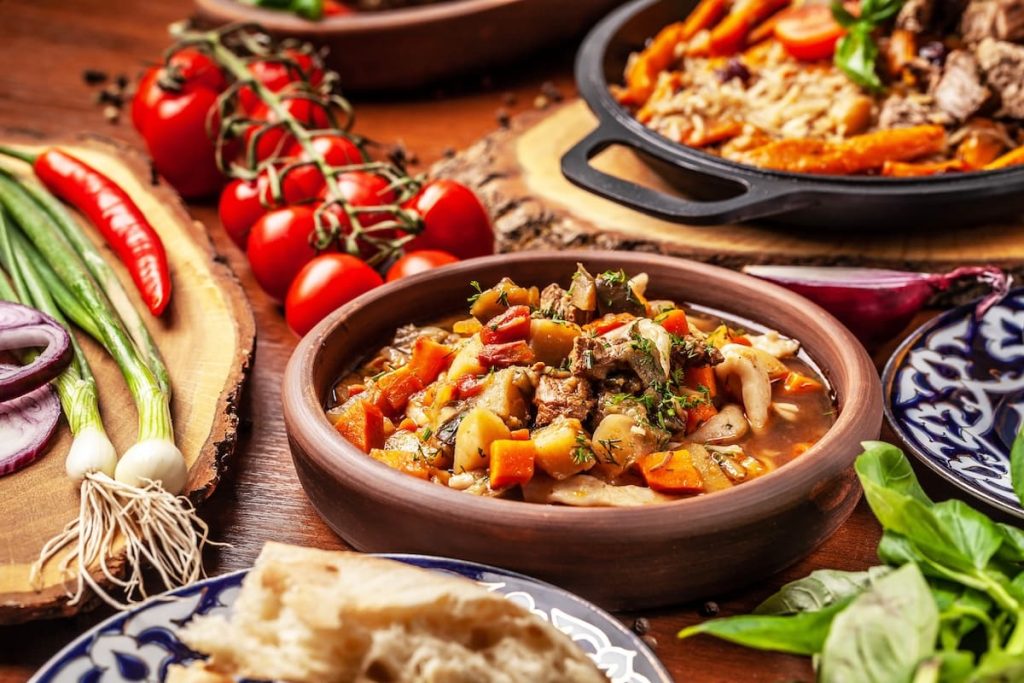
Cooking Classes with Local Chefs


